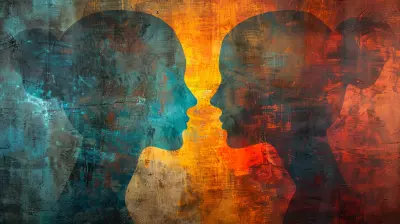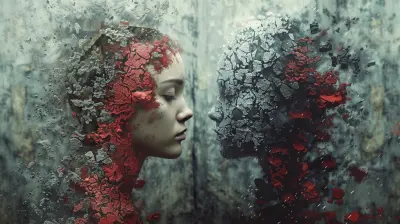Depression: More Than Just Feeling Sad
5 June 2025
Let’s be real—almost everyone has felt down at some point. Maybe you’ve had a bad day, your plans fell through, or someone said something that stuck with you for all the wrong reasons. But here’s the thing: feeling sad is not the same as being depressed.
That’s where a lot of confusion starts.
You see, depression isn’t just a fleeting mood—it’s a complex mental health condition that affects the way you think, feel, and act. And even though it's incredibly common, especially in today’s fast-paced, often isolating world, it's still widely misunderstood.
In this article, we're going to pull back the curtain on what depression really is, how it sneaks into everyday life, and why it's so much more than just a "bad mood." Ready to dig in?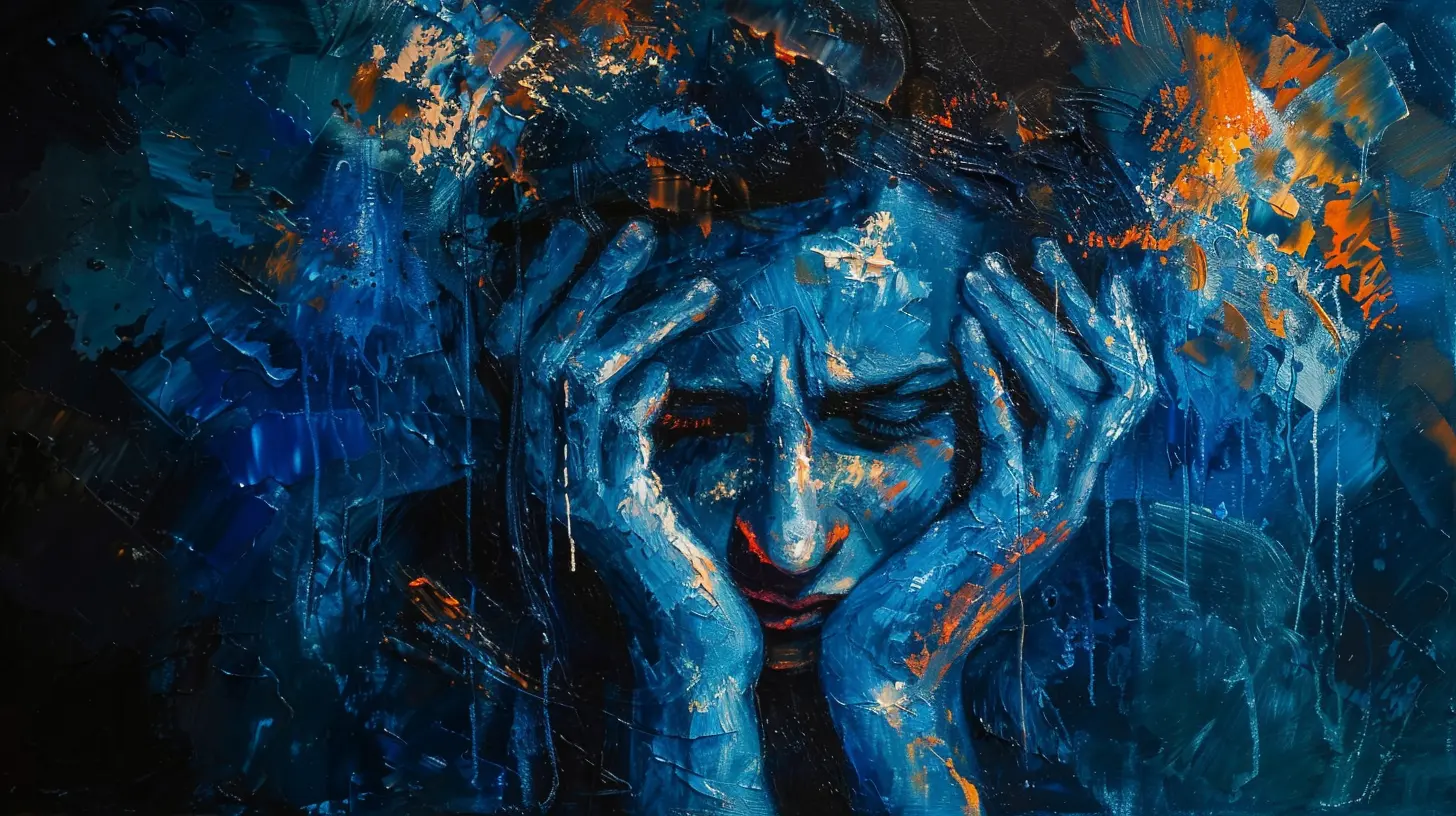
What Is Depression, Really?
Alright, let’s kick this off by setting the record straight.Depression, or Major Depressive Disorder (that’s the fancy clinical name), is a mental health disorder that affects your entire outlook on life. We're talking about persistent feelings of sadness, hopelessness, and a loss of interest in things that once lit you up inside.
People often describe it like a dark cloud that never leaves. Others say it feels like being stuck in quicksand—no matter how hard you try to pull yourself out, you just sink deeper.
Key Signs and Symptoms
Depression shows up in lots of sneaky ways. Some are emotional, some are physical, and others are behavioral. Let's break it down:- Emotional Symptoms: constant sadness, feeling worthless, excessive guilt, or mood swings.
- Physical Symptoms: changes in appetite, fatigue, sleep disturbances (either too much or too little).
- Behavioral Symptoms: withdrawing from friends/family, loss of interest in hobbies, struggling to concentrate or make decisions.
Sometimes we brush these off as "just being tired" or "having a rough week," but if these symptoms linger for weeks or months? It could be depression knocking.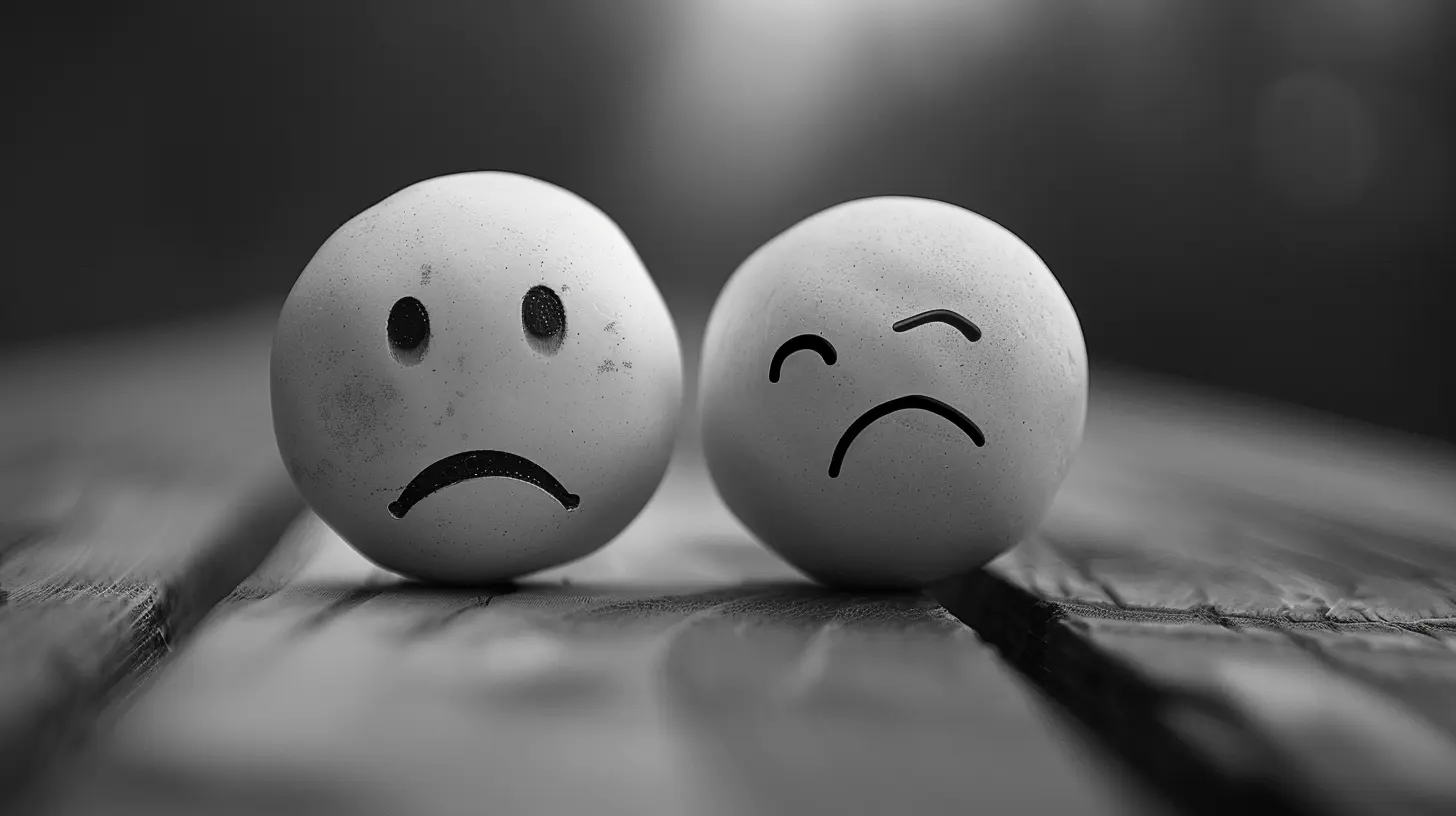
Sadness vs. Depression: What's the Real Difference?
Here’s a question worth asking—how do you know if you’re just sad or if it’s something deeper?Sadness is a natural human emotion. It’s a response to something specific: a breakup, a loss, a disappointment. And usually, it fades with time.
Depression? It doesn’t play by those rules.
Think of sadness like a rainstorm. It comes, it pours, but eventually, the sun peeks back through. Depression, on the other hand, is more like a never-ending winter—gray skies every day, and no idea when or if the sun’s coming back.
You don’t need a reason to feel depressed, and often, people can’t pinpoint why they feel the way they do. That’s part of what makes it so frustrating—and isolating.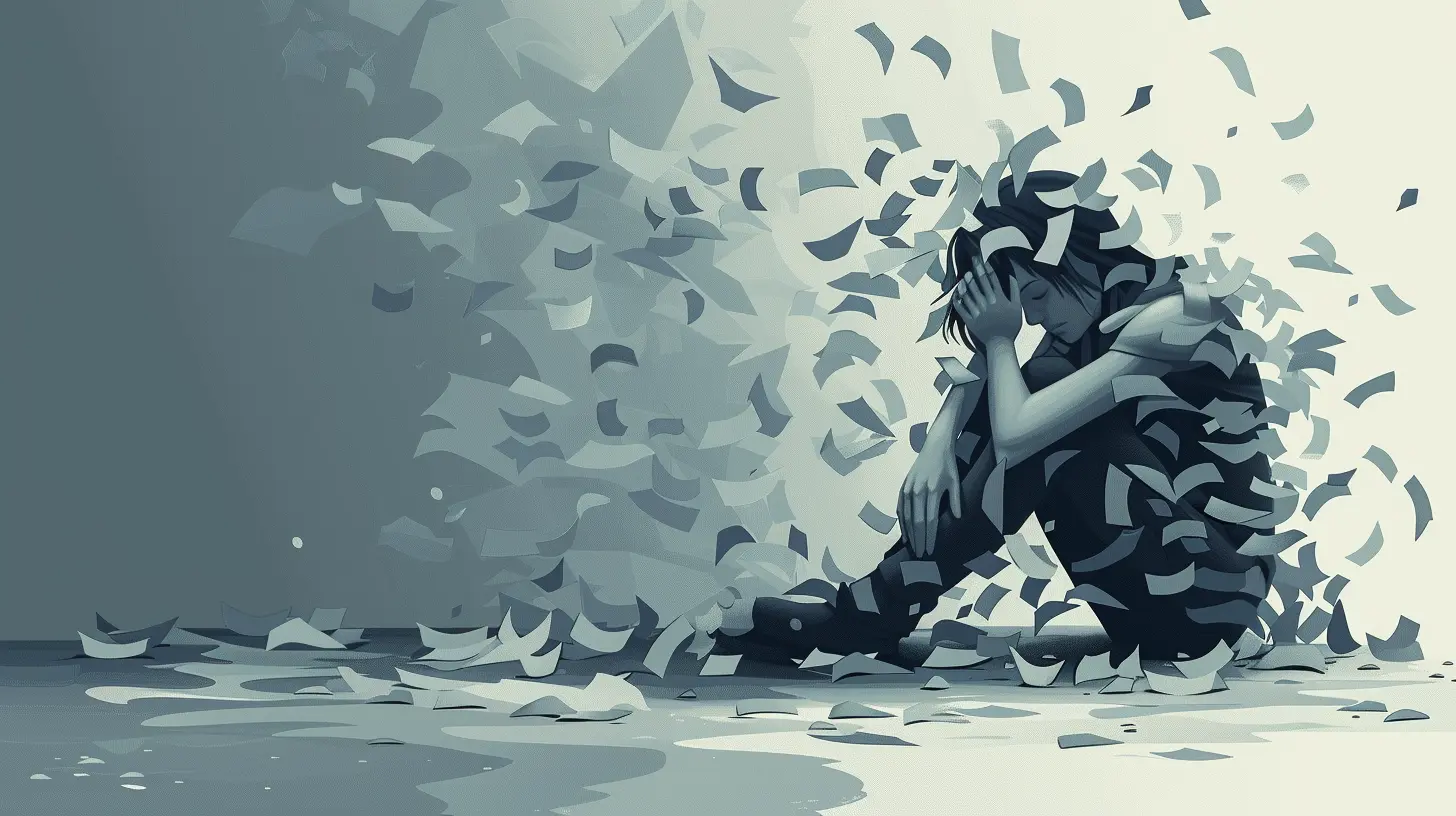
Who Gets Depression?
Honestly? Anyone.Depression doesn’t care how old you are, where you live, what job you have, or how many Instagram followers you boast. It affects people from all walks of life.
That said, there are some risk factors:
- Genetics: If depression runs in your family, you might be more likely to experience it.
- Brain Chemistry: Imbalances in neurotransmitters (like serotonin and dopamine) can mess with mood regulation.
- Life Events: Trauma, abuse, major life changes, and chronic stress are all potential triggers.
- Medical Conditions: Chronic illness, pain, or even hormonal imbalances can contribute.
And here’s a curveball: even people who “have it all” can experience depression. Wealth, success, good looks—none of these protect you from mental health struggles.
The Stigma That Makes It Worse
You’d think with everything we know today, people would be more understanding, right?Unfortunately, depression still gets wrapped up in shame and stigma. People are often told to "toughen up" or "snap out of it." But telling someone with depression to just "think positive" is like telling someone with asthma to “just breathe.”
It doesn’t work that way.
This kind of thinking is harmful. It makes people feel weak, broken, or embarrassed to ask for help. And that delays treatment, leading to worse outcomes in the long run.
We’ve got to change the narrative. Mental health is health—plain and simple.
The Hidden Faces of Depression
Depression doesn’t look the same for everyone. In fact, some people get really good at hiding it.Ever heard of “smiling depression”? That’s when someone appears cheerful and high-functioning on the outside but is struggling majorly on the inside.
Social media doesn’t help here. We’re constantly bombarded with highlight reels, which can make us feel like we’re the only ones falling apart while everyone else thrives.
But remember: just because someone looks okay doesn’t mean they are.
How Depression Affects Daily Life
Depression has a sneaky way of infiltrating the small stuff. Things you'd never think twice about—like getting out of bed, answering a text, or brushing your teeth—can start feeling impossible.Imagine trying to run a marathon every single day without rest. That’s how living with depression can feel—physically and emotionally exhausting.
Plus, it messes with your brain’s ability to focus, making work or school a challenge. Relationships also take a hit since communication becomes harder, and the desire to socialize tends to dwindle.
It’s not just emotional—it’s incredibly practical and real.
Depression Isn’t Just In Your Head
Newsflash: depression isn’t just a “mental thing.” It affects your body too.People with depression often experience:
- Headaches
- Stomach issues
- Chronic pain
- Weak immune response
It’s a full-body experience.
Your brain and body are deeply connected. When your mind is in distress, your physical health often gets dragged into the mess as well.
Getting Help: What Actually Works?
Here’s the good news: depression is treatable.Not a one-size-fits-all kind of deal, but there are lots of effective strategies out there. Let’s break them down.
1. Therapy
Cognitive Behavioral Therapy (CBT) is one of the most common treatments. It helps people rewire negative thought patterns and develop healthier coping strategies.There’s also talk therapy, where just having someone listen without judgment can make a world of difference.
2. Medication
Antidepressants like SSRIs and SNRIs can help regulate brain chemicals. They’re not a magic pill, but they can provide relief—especially for moderate to severe cases.Always talk to a doctor before starting or stopping any meds, though.
3. Lifestyle Changes
Okay, this might sound cliché, but hear me out:- Exercise boosts endorphins.
- Sleep resets your brain.
- Nutrition fuels your energy and mood.
- Social Support reminds you you’re not alone.
Even small changes—like stepping outside for 10 minutes—can start to shift things.
4. Support Groups
Sometimes, talking to people who "get it" is the most healing kind of therapy. Online groups, local meetups, or even anonymous forums can provide a sense of connection.Why It’s Okay to Not Be Okay
You don’t have to have all the answers. You don’t need to “fix” yourself overnight. And you definitely don’t need to pretend you’re okay when you’re not.Struggling with depression doesn’t make you weak—it makes you human.
If you're reading this and thinking, “Wow, this sounds familiar,” please remember: you're not alone. And more importantly, you’re not beyond help.
Start small. Reach out. Talk to someone. Every journey begins with a single step.
Final Thoughts
Depression is more than just feeling sad. It’s a deep, persistent condition that can impact every area of life—but it’s also something that countless people manage, treat, and recover from every single day.We need to stop treating depression like a character flaw or a bad mood. It’s a health issue—just like a broken bone or the flu. The sooner we can all see it that way, the sooner more people will feel safe enough to speak up and seek help.
So, if you or someone you know is struggling, take it seriously. Listen. Support. And don’t be afraid to ask for help.
Because depression may be dark, but you're not alone in the storm.
all images in this post were generated using AI tools
Category:
Mental IllnessAuthor:

Gloria McVicar
Discussion
rate this article
2 comments
Murphy McCallum
What a fantastic article! It’s so important to understand that depression is complex and multifaceted. Your insights shine a light on this issue—thank you for spreading awareness and hope! 🌟
June 9, 2025 at 4:27 AM

Gloria McVicar
Thank you so much for your kind words! I’m glad you found the article valuable in highlighting the complexities of depression. 🌟
Evangeline Huffman
In shadows deep, where whispers dwell, Depression weaves a complex spell. Not merely sadness, but a fight, A silent storm, obscured from sight. Understanding shines, igniting light.
June 5, 2025 at 5:03 PM

Gloria McVicar
Thank you for capturing the complexity of depression so beautifully. Your words highlight the silent struggle many face, reminding us of the importance of understanding and support.
